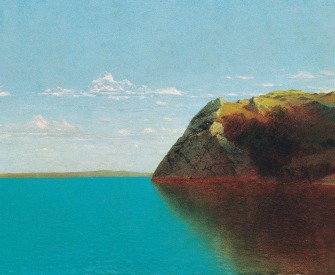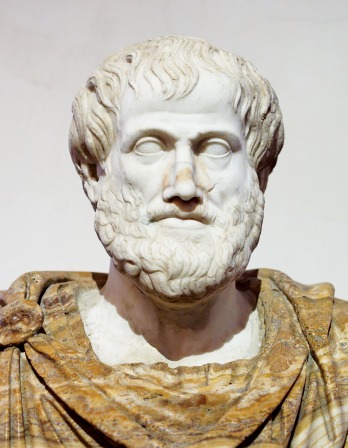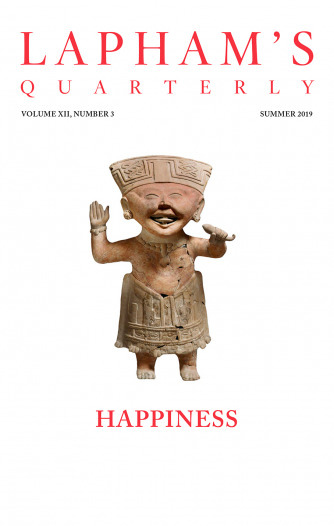Nine thousand was the sum of years that had elapsed since the war which was said to have taken place between those who lived outside the Pillars of Hercules and all who lived within them.
The land of Attica was the best in the world, and was therefore able to support a vast army, raised from the surrounding people. Even the remnant of Attica that now exists may compare with any region in the world for the variety and excellence of its fruits and the suitableness of its pastures to every sort of animal. But in those days, the country was fair as now and yielded far more abundant produce. How shall I establish my words? And what part of it can truly be called a remnant of the land that then was? The whole country is only a long promontory extending far into the sea away from the rest of the continent, while the surrounding basin of the sea is everywhere deep in the neighborhood of the shore. Many great deluges have taken place during the nine thousand years, and during all this time and through so many changes, there has never been any considerable accumulation of the soil coming down from the mountains, as in other places, but the earth has fallen away all around and sunk out of sight. The consequence is that compared to what was, there remains only the bones of the wasted body, as they may be called, as in the case of small islands, all the richer and softer parts of the soil having fallen away, and the mere skeleton of the land being left. Moreover, the land reaped the benefit of the annual rainfall, not as now losing the water that flows off the bare earth into the sea, but having an abundant supply in all places and receiving it into herself and treasuring it up in the close clay soil, it let off into the hollows the streams that it absorbed from the heights, providing everywhere abundant fountains and rivers, of which there may still be observed sacred memorials in places where fountains once existed; and this proves the truth of what I am saying.
From the Critias. Born into a distinguished family, Plato founded the Academy on the outskirts of Athens in 387 bc, where he authored some thirty works, most of which take the form of philosophical debates between Socrates and one or more prominent Athenians. Critias, the namesake of this dialogue and an interlocutor in three others, was an Athenian politician selected as one of the Thirty Tyrants installed by Sparta in the aftermath of the Peloponnesian War.
Back to Issue




